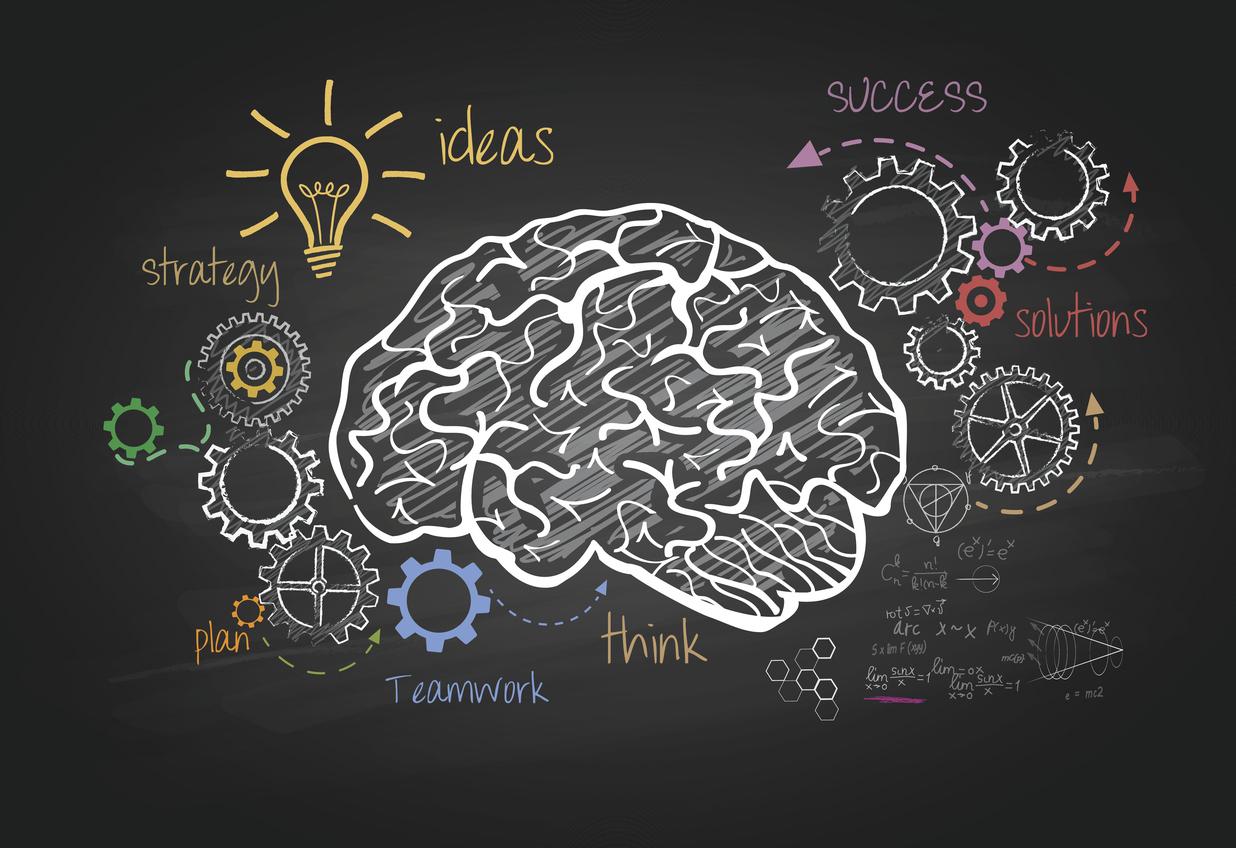Philip Goldman: Want to be a better leader? It’s all a question of physics

When the physicist and mathematician Sir Isaac Newton first came up with his three laws of motion and theory of gravity in the late 17th Century, he introduced a scientific philosophy that ruled for three hundred years. Today, Newtonian physics has very much influenced the way that we all think and are educated. But, since the dawn of the 20th Century, quantum physics has come along to challenge the world (and planetary) order established by Newton.
For those in leadership roles there is a surprising relevance to how understanding the difference between the two philosophies can be critical to their own long term performance and success.
Newton thinkers versus quantum thinkers
Take Newtonian thinking. It’s all about looking at organisations as machines. It’s predictable. It focuses on a single answer. There is more ‘duality’ – the answer is ‘this’ or ‘that’. The act of doing something creates a result. When Newton and his fellow scientists came up with their theories it allowed society to feel much safer. They could predict things, and the world felt like it was becoming a more efficient place.
Quantum thinking on the other hand is a decidedly less certain world. It sees organisations as living systems and embraces paradox. Quantum thinkers see an interconnectedness and interdependence that focuses more on the ‘whole’ rather than the ‘parts’ that Newton thinkers favour, while valuing relationships more. Quantum is less ‘this or that’ and more ‘this and that’. It accepts uncertainty and ambiguity, and recognises their importance.
Neither is right or wrong
Whichever approach you adopt, it’s not a question of Newtonian thinking is wrong and quantum thinking is right. The problem is, if you remain firmly in the Newtonian way of thinking, you tend not to see the Quantum approach. As a leader and given the world is changing at such a rapid pace, it will mean that you fail to adapt to different ways of thinking and doing things.
The rapid development of new technology, the use of artificial intelligence, and the changed mindset of the millennials for example means unless leaders develop the ability to live and think in both camps – the Newton and the quantum – then they will not succeed.
Bridge between the two
Creating a bridge between the two so leaders can work in both our current and future worlds is crucial. This is where techniques such as mindfulness become so important for today’s leaders by helping them to develop the ability to develop and perform better through relaxed and focused concentration. In my next post, I’ll explore how developing a culture of ‘safe uncertainty’ is a key part of building the bridge between the Newton and quantum ways of thinking.